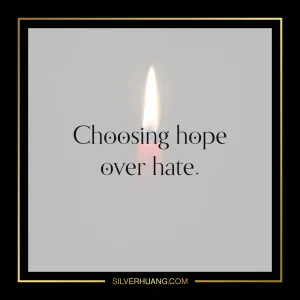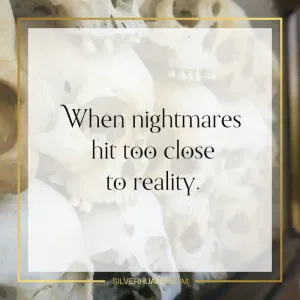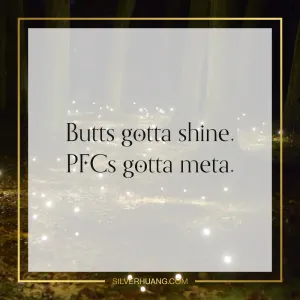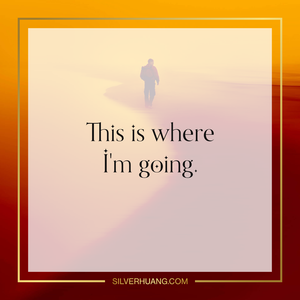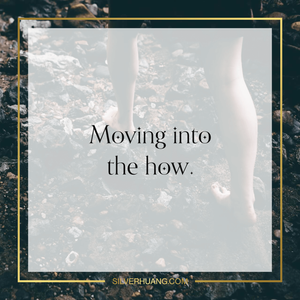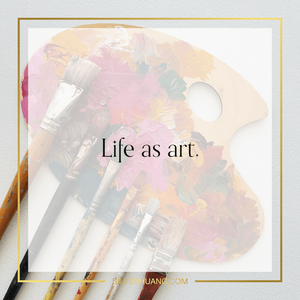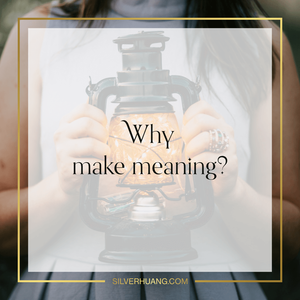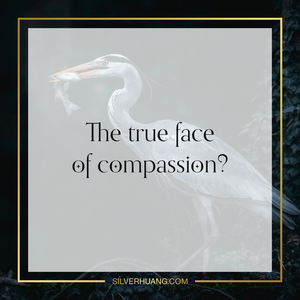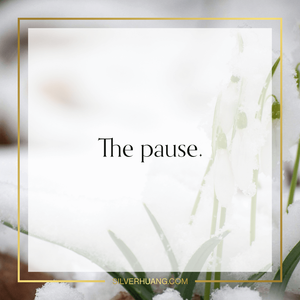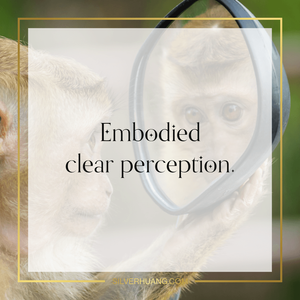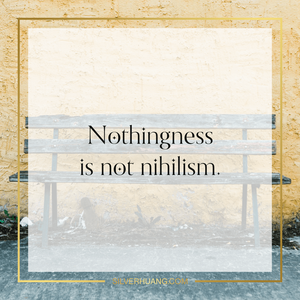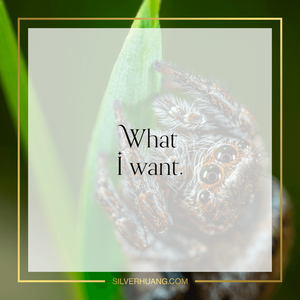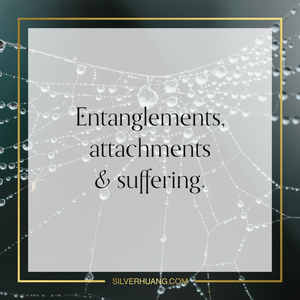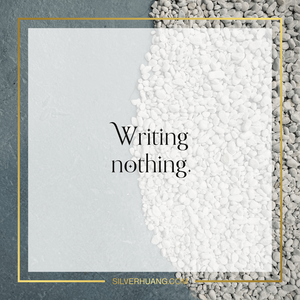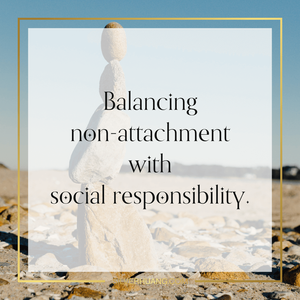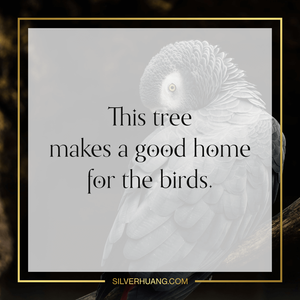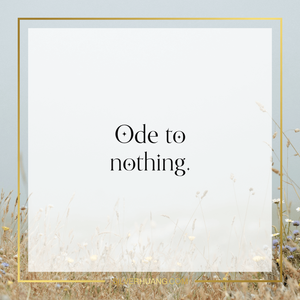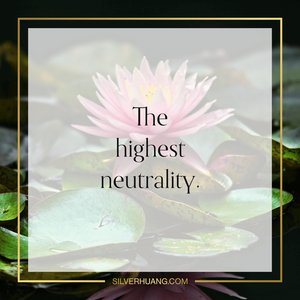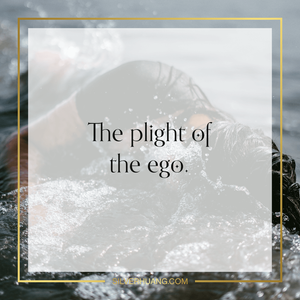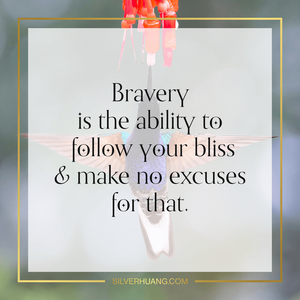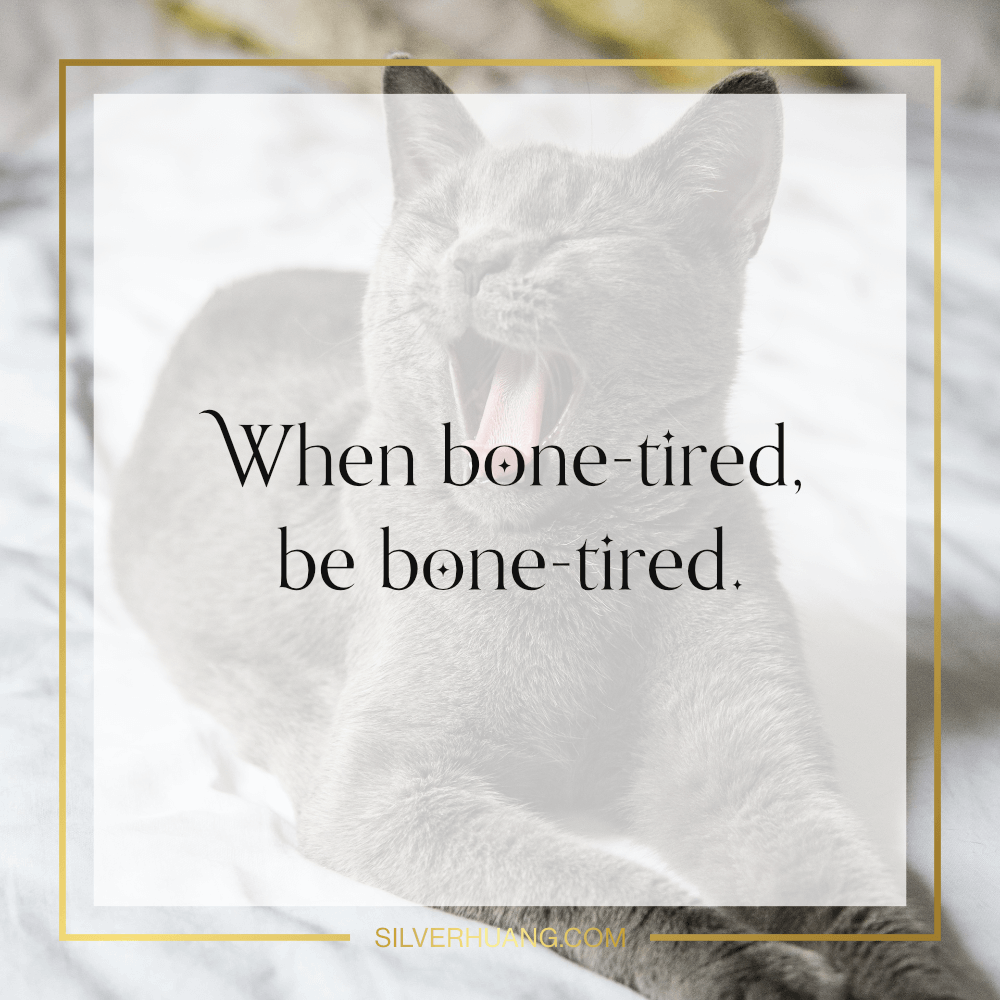
When bone-tired, be bone-tired.
I experienced a mild to moderate relapse in my health over the past one to two weeks. Some days, even walking from the living room to the bathroom was a challenge.
That's the thing about chronic fatigue; there's no true recovery for some of us, not in the sense of the word that most people think. Instead, some of us cycle between periods of remission and relapse. If we are lucky, we enjoy longer periods of remission than relapse, and only experience relapse occasionally and mildly.
Briefly can still be several weeks. Mildly means taking a few minutes to stand up to walk to the bathroom, instead of having to fall from my bed and crawl my way there on hands and knees. It's relative.
For years, my relapses were always accompanied by debilitating depression.
I'm glad to say that with this most recent relapse, there was no depression. Not even anxiety.
All because I stopped expecting myself to be anything but bone-tired when I'm bone-tired.
It was nice. It was liberating: Liberating to see reality and respond to it appropriately.
Rather than do what I'd done for years, which was to spend my entire relapse expecting myself to, as the metaphor goes, run with broken legs.
I did get hella bored at times, though. There were days when I was too tired to even do anything to pass time. I couldn't really read or watch anything. There were periods I could barely think. I meditated for hours until I dozed off. Beyond that, all I could do was stare out the window. Stare around my room. Stare into space. Remember to blink. 👀
But bored is better than unkind. Bored is better than unreasonable.
Bored is better than judging, shaming, guilting, comparing. Bored is better than feeling less than, useless, worthless, pointless. Toxic shit.
Boredom wins out over toxicity any day.
Toxicity is almost always unkind and unreasonable, and expectations born from toxicity are especially cruel and senseless, and I feel super sad today looking back at just how mercilessly I used to flagellate myself when I was down. Not that I knew what I was doing; that was the culture I grew up in—It was judgemental to the nth degree. I knew no better.
I do now, and I'm so glad that, for the first time ever, I got to spend a relapse in simple peace and quiet, free from all that shit. Such bliss. ☕️🪷
Here are some thoughts I shared on Mastodon while I was still in the thick of it about a week ago:
Today is a high pain, low-energy day, and I've been reflecting on the Taoist concept of 自然 (zìrán), translated by Chen Guying (in his 2020 The Annotated Critical Laozi) as "self-so, nature, naturally, spontaneously".
I would argue the approach of 自然 applies not just to "nature as was born" but also "nature as is now". Nature is not constant; we are different today than when we were born, and some of us develop chronic health conditions later in life.
I don't mean to apply 自然 in a way that implies not doing anything to try to improve our health conditions; absolutely not.
This is where the other Taoist concept of 无为, translated by Chen Guying as non-action, non-assertive action, comes in. Action that arises from 自然 is 无为. I see it as action emergent from perception and acceptance of reality: What is possible and reasonable, and what is not.
In Buddhist terms, action not driven by delusion, attachment, or aversion.
In my personal vocabulary, I've been calling it "seeing clearly and responding aptly".
自然: If I'm tired, rest. If I want to move out of this period to do the things I want, rest is the quickest way.
无为: Do what's right for my body. Drink water. Eat well. Move gently. Forcing anything only prolongs recovery.
Listen deeply. Align mind with body and flow with what is. What goes down, comes up again, and vice versa. Around and around it goes.
